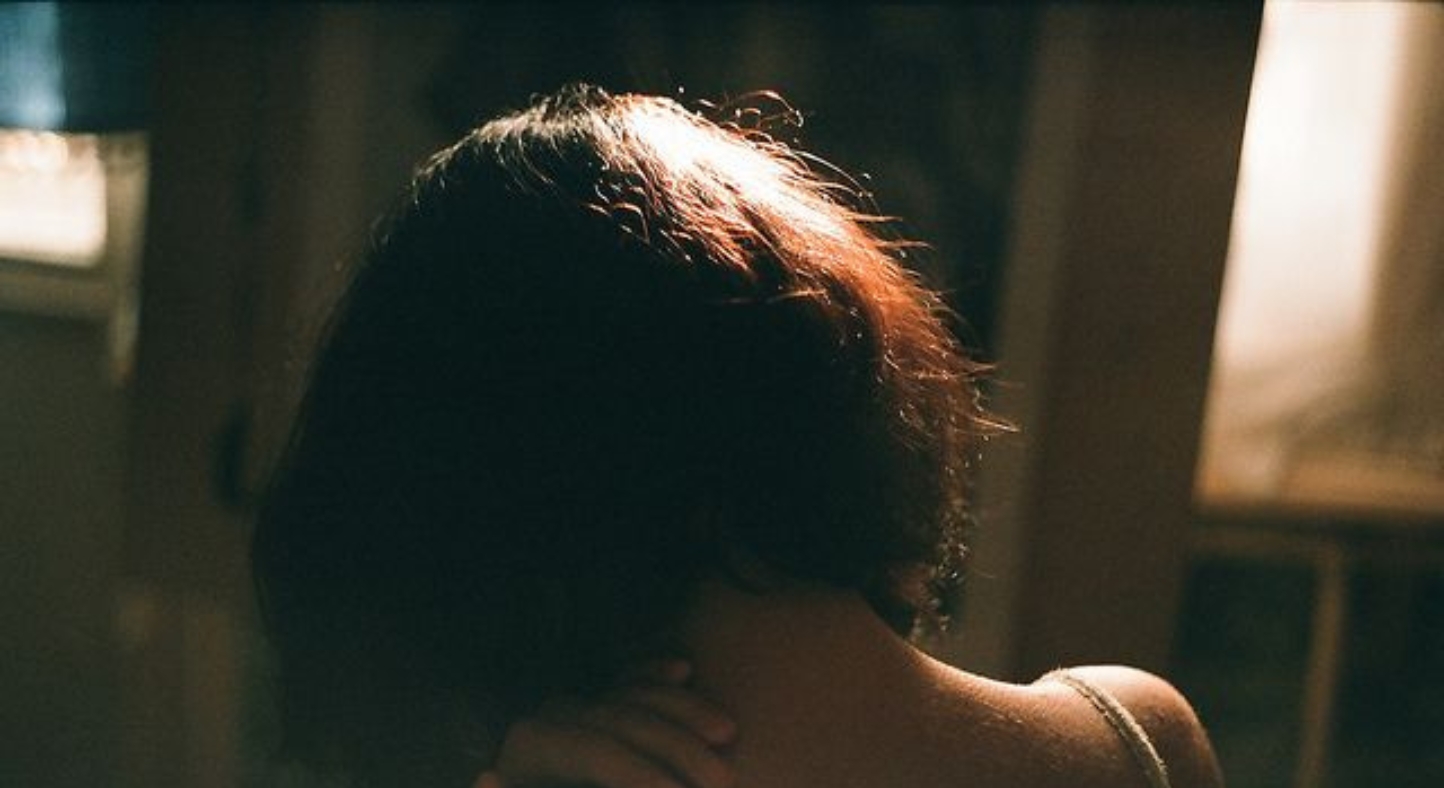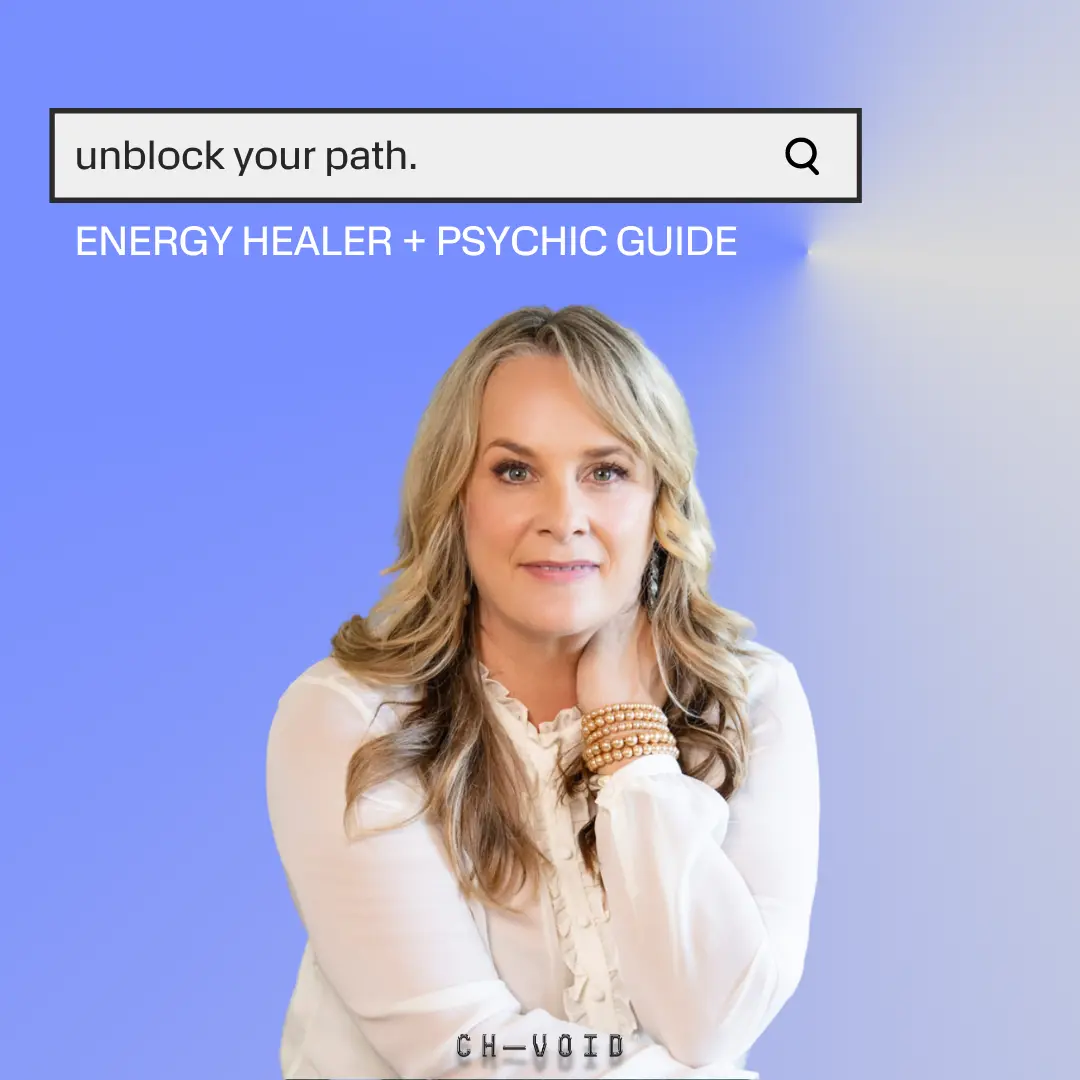Fight club
Building resilience after bullying.
I often think about that age-old question, “what would you tell your younger self?”
It’s almost as if inside my questioning lies a cathartic re-imagining of how things could have been, had I not been so hard on myself. From a young age, I was accustomed to absorbing everything I was told to me, about me. So, as you can imagine (and maybe even relate to), I craved acceptance. I couldn’t bear the thought of not living up to someone’s expectations of me. Thankfully, the early stages of my life had me spending most of my time at my grandparents’ place while my parents were working; during these years I was made to feel like the most loved child on earth. Experiencing rejection was not in my consciousness.
When I hit school as a young Polish-speaking girl with black Middle Eastern curls, my bubble of protection burst, and I started looking for where to slot in. From day one in kindergarten, I wanted everyone to understand me and I thought it was really simple. Transactional if you will. Lucky for me, I was popular and loved by all the kids and teachers, albeit sometimes being dealt the “she talks too much in class” report card. Being liked (I never knew there were criteria for this?) brought out my confidence and re-established for me the idea that I was great and funny and maybe even invincible. What others thought of me became the blueprint for how I saw myself. I was too young to realise it, let alone question it.
When I was first bullied I was thirteen. Completely unaware of the idea that our brain remembers moments in time. Just like a camera, we take constant mental snapshots and process them while we sleep. I had a close-knit group of five girlfriends at the time and we did everything together, right down to creating our own version of the Spice Girls, because why not! This group was the reason I went to school every day and I felt safe and happy being a part of it. Just when I thought this moment in time would last forever, something shifted and one of the girls in the group decided to turn against me, to bully me. The third girl sided with her and the other two remained quiet.
I was in the playground. In an instant, I could feel the energy around me signalling that I was an outcast. I still hear the whispers like cathedral bells outside my apartment. When I close my eyes and think back to that day, and the hostility that lasted about two weeks, I still feel the worry inside my body, like my pre-teen self all of a sudden felt as though she was a problem that needed fixing. But how? I was so desperate to figure it out that I detached from my self-worth.
For weeks I was pretty subdued and remember trying to hide it from mum because I was afraid that if I told her, she would call the mum of the girl who was bullying me, causing her to turn against me even more. This was simply not an option so I cried in private, wracking my brain trying to figure out what I did wrong.
Then magic happened. My best friend came to school one day and stuck up for me against the bully. In an instant, I felt safe again. What a brave act, something I don’t know I would have had the guts to do. She is still my best friend to this day. Everyone needs this kind of friend in their life.
I experienced bullying well into my adult life, which I didn’t think was possible. And, up until recently, I tolerated it – as though somewhere deep down I was trying to prove something to myself. Like I was being bullied because there was still something wrong with me, or with what I was doing. The sad thing about bullying is that the victim doesn’t experience the extent of the damage until after the fact. I didn’t. I was too young to understand it the first time. My brain just kept snapping and storing those moments.
There was a defining moment in my career as a publicist that drastically changed the way I operated in the world.
It was my first role in a highly sought-after agency, and I was determined to succeed even at the expense of my dignity. But here’s the thing, my mindset had already shifted by then, and my anxious subconscious believed that I needed to experience the bullying in order to succeed.
My boss at the time was brilliantly savvy and taught me a lot, but I spent the better part of three years holding my breath. Would I be the victim of yelling or harsh words that day? Was I replying to emails perfectly and fast enough? Was I failing the expectations of the business? There were also good days. I was praised. Sent on a trip to my favourite city, given great opportunities. The reward system in my brain became hooked and I fell back into the child version of myself who was addicted to being accepted and validated. One of the first things that came up in a recent appointment I had with my therapist: “why did I allow myself to be bullied for so long if it hurt so much?” And herein lies the trap. It becomes an addiction to needing to prove something. It was a familiar way to be part of something bigger. It was too hard to leave because I had an inner bully that was telling me I didn’t deserve better.
The bully has been consistent in my life. There have been several. My career has also allowed me to experience some of the most joyous moments in my life, and meet some of the most incredible people for whom I’d do it all again. But I’ve never had the guts (or the words) to confront the bully. The constant figure who embodies and re-embodies the same qualities. Who stands for something that frightens me so much that I feel the need to change parts of myself in order to adapt.
A few years ago, I started my own business and there was nobody to report to other than myself. It was liberating! Within a few months, I felt lost not having the structure of control thrust upon me from someone else, so I started being hard on myself. I became my own bully. My inner critic presented herself and mimicked her past bullies. In secret, I let her push me to succeed. Because that would mean she was good enough.
Before I was bullied in the workplace, I trusted myself a lot more. I have since been less kind to myself. I believe our actions can be a result of emotions inside us that haven’t been acknowledged; sadness, anger. Bullies must have plenty. Perhaps this is something about mine I will never know. Perhaps they felt unrest deep down inside and chose to take these uncomfortable emotions out on me.
I would look each of them in the eye and ask them questions. I would ask them to share their insecurities with me, their sadness, because everyone holds some. Being honest about the sadness allows us to liberate ourselves from it. I chose to confront my inner bully last year and was shocked at how long of a process this can be. I try my best to pull back when I notice that I am being hard on myself. I try to consciously think about how resilience is a part of my constitution; it’s something I’ve learned. Had I not been as resilient, quiet, I may not have learnt all these lessons, I may not be discovering who I truly am.
So as I sit here again and think about what I would tell my younger self, the funny thing is that I’m not sure I would tell her anything. All the things she has gone through are necessary for her growth. I don’t want her to do things differently or take a different path. She needed to go through the hard times so her brain could capture those, and store them as proof that she always rises above them.
To the bullies, I hope they too can learn their lessons.





















